 Escape artist and drug kingpin Joaquín “El Chapo” Guzmán made two furtive visits to the United States last year while he was on the lam, his daughter has told the Guardian in an exclusive interview.
Escape artist and drug kingpin Joaquín “El Chapo” Guzmán made two furtive visits to the United States last year while he was on the lam, his daughter has told the Guardian in an exclusive interview.
Rosa Isela Guzmán Ortiz, 39, a U.S. citizen, said her father sneaked into California to visit her in late 2015 at the large, five-bedroom home he purchased for her and her four children, the location of which was not disclosed. According to the Guardian, Guzmán Ortiz owns a chain of small businesses, but she insisted that any money she received from her father was clean.
Asked how her father managed to cross the heavily patrolled U.S. border with Mexico — whose alleged porousness has become a major theme of leading Republican presidential candidate Donald Trump — Guzmán Ortiz declined to answer. “I asked him the same, believe me,” she said.
Jacqueline Wasiluk, a Customs and Border Protection spokeswoman, said Friday the agency has “no information that substantiates the claims in news reports” about Guzmán.
Guzmán’s Sinaloa cartel has engineered dozens of smuggling tunnels under the U.S. border over the past decade or more, but those are only the ones authorities know about. It wouldn’t have been difficult for Guzmán to zip into California through one of the passageways, many of which have sophisticated ventilation systems and customized shuttle carts for moving drugs, guns, cash and people back and forth.
Guzmán was recaptured by Mexican navy commandos in January and is being held at the same maximum security prison he escaped from last July using an elaborate mile-long tunnel leading straight up to his shower drain.
What Guzmán Ortiz told the Guardian is what millions of skeptical Mexicans already believe: The government let him out. “My dad’s escape was an agreement,” she said in the interview.
At least 34 people have been charged with facilitating the escape, including the head of Mexico’s federal prison system.
Guzmán Ortiz’s statements, and those of other Guzmán surrogates in recent weeks, appear to be part of a concerted public relations campaign, with his wife, attorneys and now his daughter all giving detailed interviews reportedly at Guzmán’s behest.
“My dad is not a criminal. The government is guilty,” Guzmán Ortiz told the Guardian. She claimed that her father has financed the election campaigns of high-ranking Mexican politicians who have since betrayed him.
She said her father was also double-crossed by longtime trafficking partner Ismael “El Mayo” Zambada, the man now believed to be at the helm of the Sinaloa cartel, Mexico’s most powerful drug organization.
It was the first interview Guzmán’s daughter has given. The Guardian said it confirmed her identity with several documents and with an evangelical pastor in the rural community of Badiraguato in Mexico’s Sinaloa state, where Guzmán grew up dirt-poor and hungry.
Through his lawyers and his wife, Emma Coronel, a former beauty queen, Guzmán has recently alleged mistreatment by prison authorities, claiming that they frequently disturb his sleep.
Coronel, a dual U.S.-Mexican citizen in her mid-20s who gave birth to Guzmán’s twin daughters in California in 2011, told Telemundo that the treatment amounts to “torture” and that she fears for her husband’s life.
On Wednesday, Guzmán’s attorney, José Refugio Rodriguez, told reporters that the wake-ups have become so intolerable that his client is willing to drop legal challenges to his extradition to the United States and plead guilty, provided he is allowed to serve at a medium-security U.S. prison. U.S. officials have not commented on the offer.
But the proposal also looks like a shot across the bow for Mexican authorities who may have ties to Guzmán and the Sinaloa cartel, as his daughter and others allege.
Guzmán, 61, or maybe 58 — his birth date is also still a mystery — has been in the drug trade nearly all of his life, and he is believed to possess damning information about two generations of Mexican politicians and security officials.
On U.S. soil, there would be little to prevent him from sharing it with the Drug Enforcement Administration and U.S. law enforcement as part of a deal for less-harsh prison conditions.
Though she did not say, Guzmán Ortiz’s statements also raise the possibility that her father spent time in the United States prior to his previous arrest in 2014. He was also captured in Guatemala in 1993 but broke out of another maximum-security prison in 2001 by hiding in a laundry cart, as the legend goes.
Asked in 2011 where Guzmán might be hiding, then-president Felipe Calderón said in an interview with The New York Times that the drug lord wasn’t hiding in Mexico. “I suppose he’s in the United States,” he said. “How many families and drug bosses would be more comfortable on the northern side of the border instead of the southern side?”
(c) 2016, The Washington Post · Nick Miroff




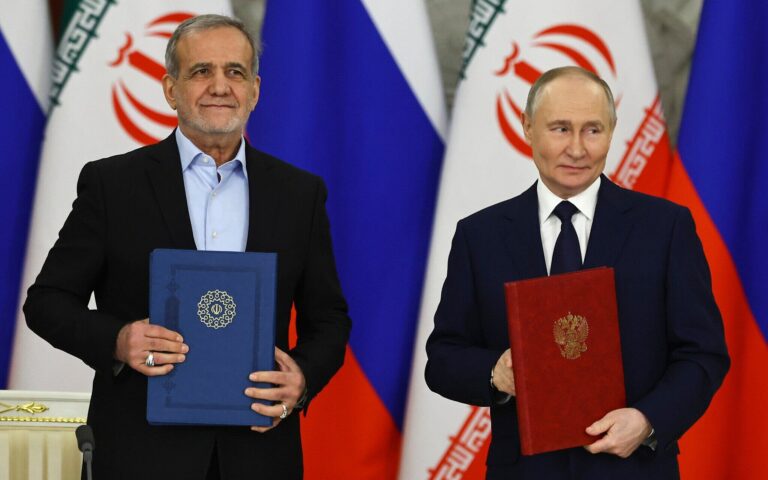
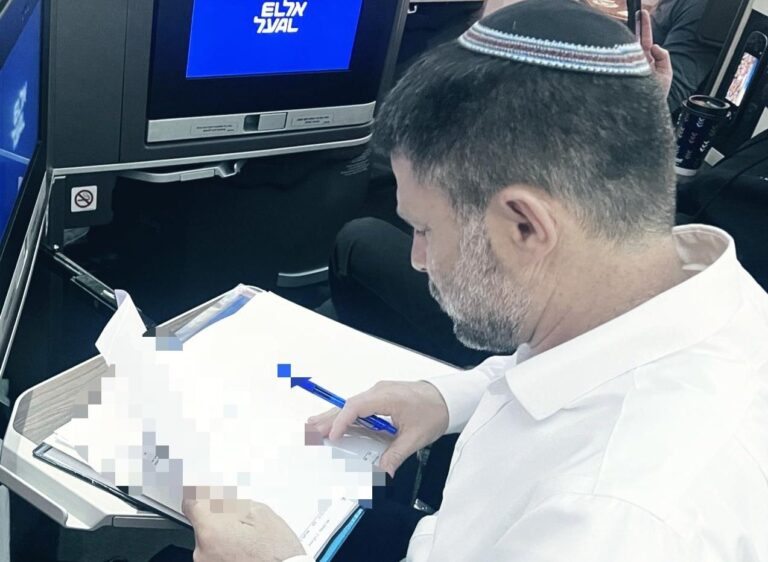

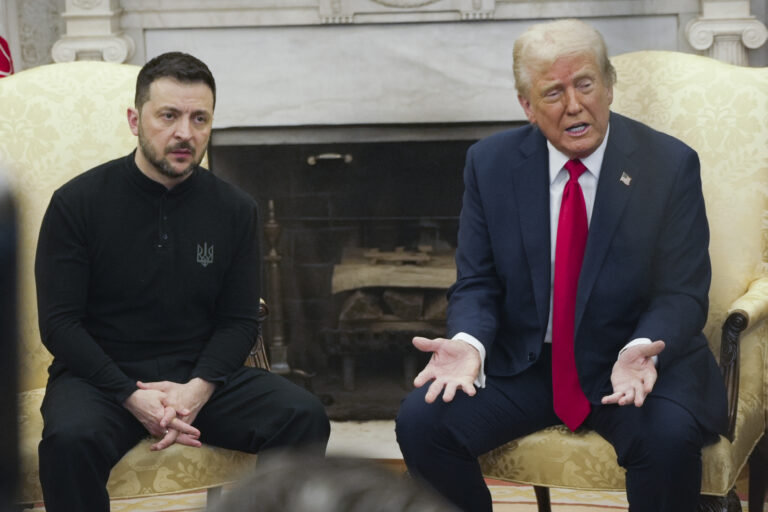
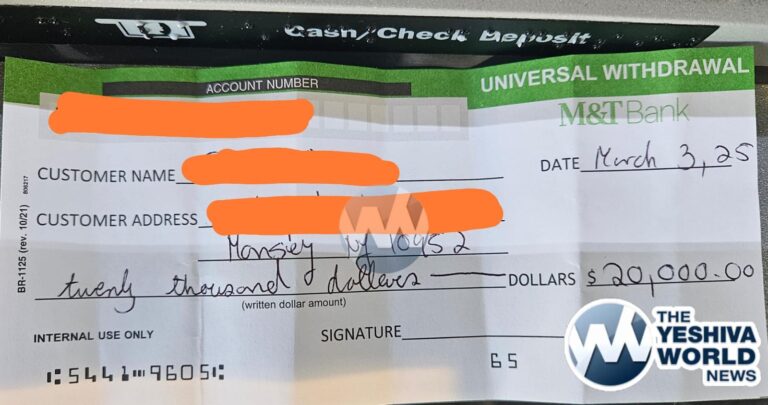
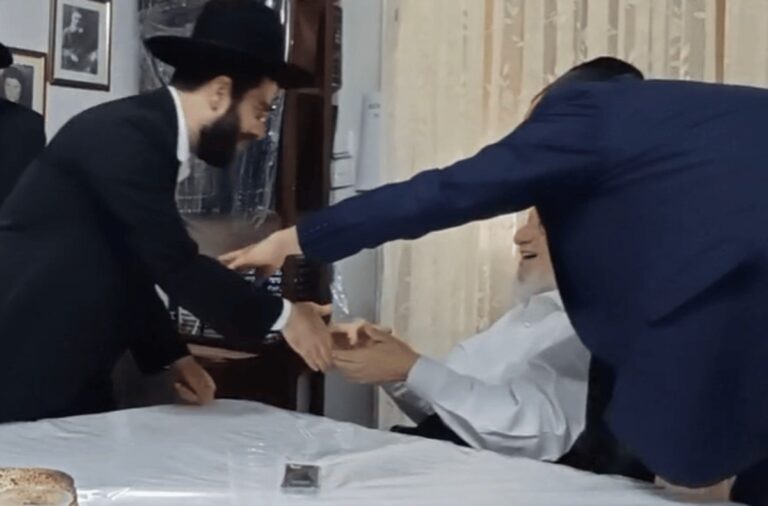

One Response
I wonder where he plans on visiting next…?